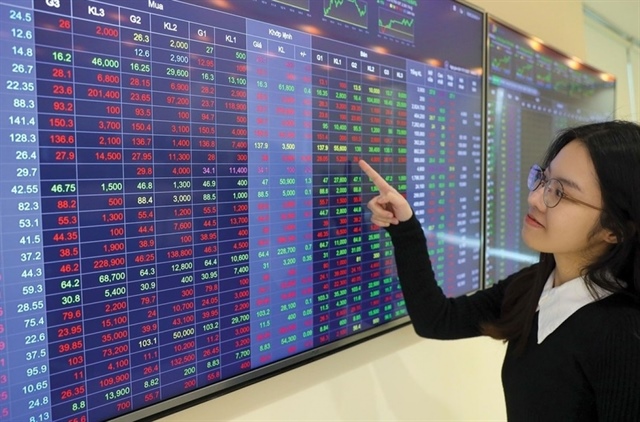Businesses’ huge debts show the consequence of “hot development”
Businesses’ huge debts show the consequence of “hot development”
A lot of enterprises took full advantage of the loosened credit policy applied by commercial banks in the last years of the last decade, borrowing huge loans to expand their business scale and jump into other business fields. It’s now the time for them to pay the penalty for the hot development.
The share issuance aims to seek more working capital to maintain the group’s production and business activities. The move has been described as an effort made by Thai Hoa to deal with the current financial imbalance and the danger of stopping operation due to the lack of money.
The problem of Thai Hoa is that it has been borrowing short term loans in big quantities to make long term investments and inject money in the coffee growing projects throughout the country and in foreign countries as well.
By the end of 2011, short term debts of the groups had reportedly exceeded its short term assets by 122 billion dong.
By December 31, 2011, the total short term loans and debts of Thai Hoa had reached 688 billion dong. These included the loans from Vietcombank (194 billion dong), Habubank (141 billiong), Agribank (112 billion dong), VDB (106 billion dong), Maritime Bank (63 billion dong) and VIB 20 billion dong.
These are all the dollar and long short term (3-6 months) loans with the highest interest rate of 9 percent per annum for dollar loans and 23.5 percent for dong loans.
If counting on the debts incurred by its subsidiaries, the total bank loans of Thai Hoa would be 1600 billion dong by the end of 2011. The figures can show how dangerous situation Thai Hoa has fallen into, if noting that its stockholder equity had dropped to 386 billion dong by the end of 2011.
More dangerously, the problem has existed in the last many years.
Bianfishco is another typical example. The ambition of the company’s boss to speed up its development has pushed the leading seafood company against the wall. As Bianfishco was on the verge of bankruptcy, it had to ask for the support from the State.
Bianfishco was well-known as one of the biggest company in the seafood industry, which employed thousands of workers and prospered for the last 10 years. However, the rapid and unsustainable development has pushed the company into insolvency with the huge total debt of 1.6 trillion dong.
Despite the efforts by Bianfishco to pay debts, it still had owed 900 billion dong by early May 2012 to the creditors, including the 200 billion dong it had to pay to farmers, and 700 billion dong in bank loans.
The debts have been bought by the Ministry of Finance’s Debt and Asset Trading Corporation. Meanwhile, NTB, a civil engineering company has as agreed to pump 500 billion dong to help Bianfishco reorganize the production.
Though Bianfishco’s financial problem has been settled, the doubts about the recovery of the company still have been raised.
Experts have pointed out that enterprises, including the “big guys” have bent down because of the huge debts on their shoulders. Meanwhile, the huge debts are the corollary of the hot development process of enterprises.
In Bianfishco case, the experts say they can also see the stamp of the “hot development phenomenon” in NTB, the saviour of Bianfishco. Of the 500 billion dong NTB pours into Bianfishco, only 150 billion dong was NTB’s capital, while the other 350 billion dong are the loans from a commercial bank.
vietnamnet
























